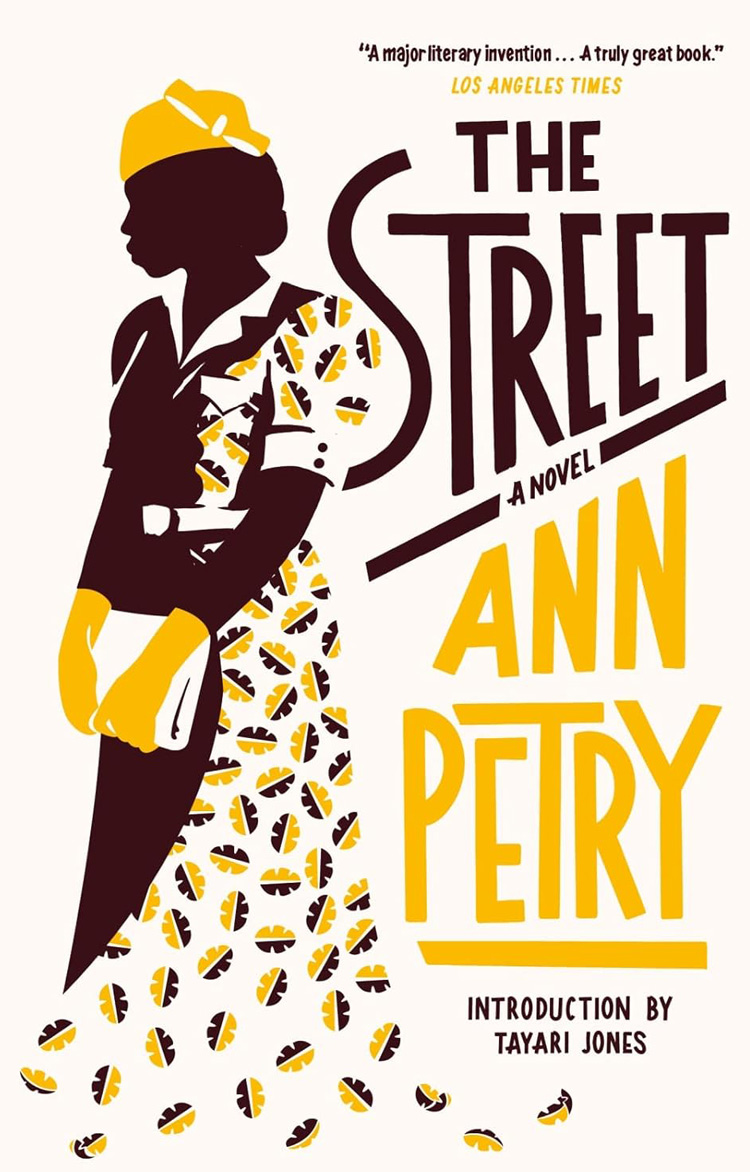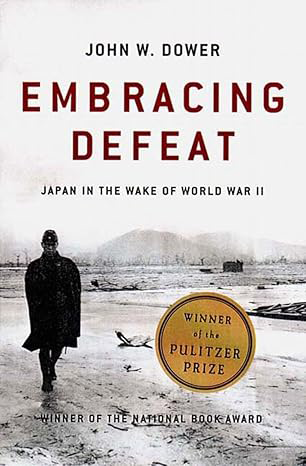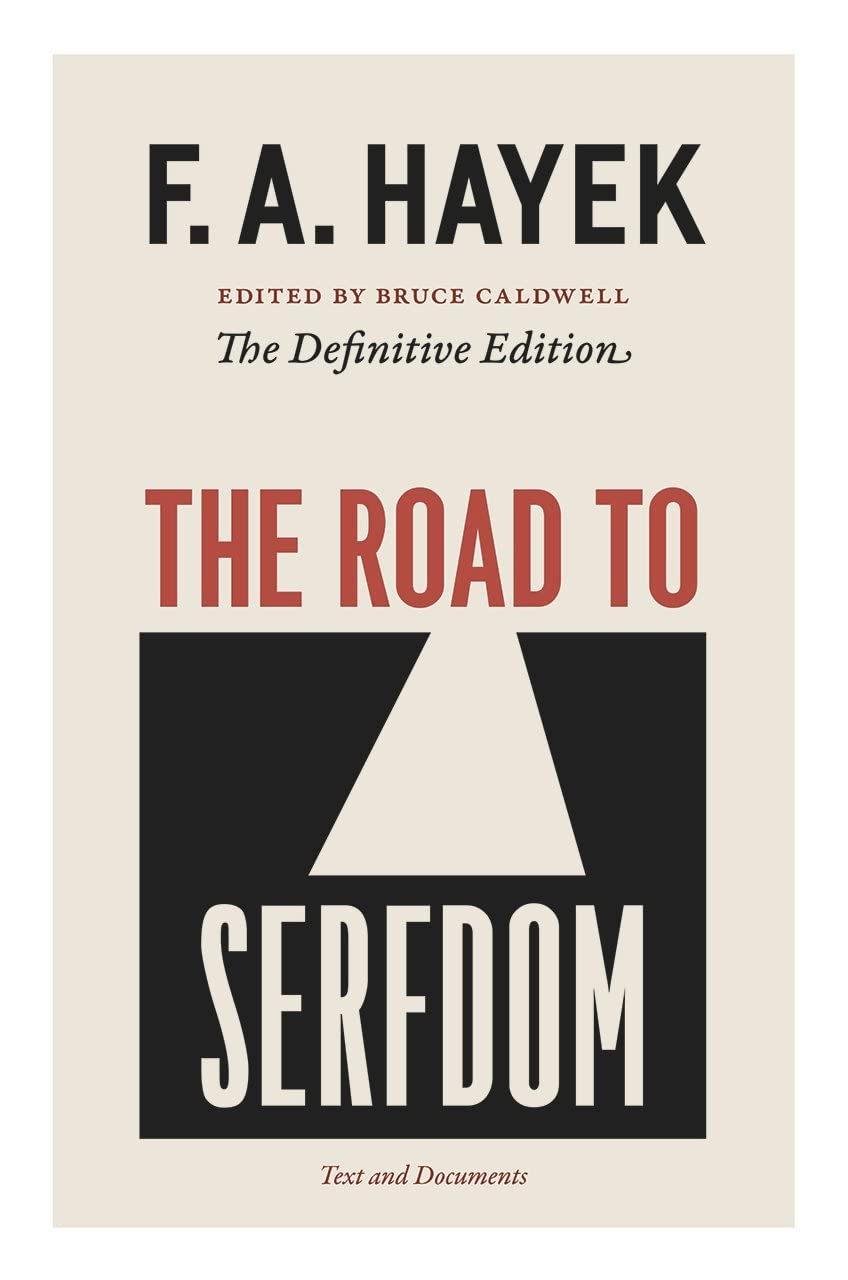
Recommended by Elizabeth Hinton, co-director of the Institute on Policing, Incarceration, and Public Safety at the Hutchins Center for African & African American Research
Ann Petry’s novel illuminates the ways in which a combination of socioeconomic realities can ultimately converge in deadly outcomes for ordinary Americans with modest and admirable ambitions. “The Street” tells the tale of Lutie Johnson, a young single mother in postwar Harlem, and was the first book by an African American woman to sell over a million copies.
Beneath the jazz clubs, underground economies, and cast of villains Petry introduces to her readers lies a troubling indictment of the limits of inclusion and equality in the U.S. Initially Lutie believes that if she adheres to the principles of thrift and hard work stressed by Benjamin Franklin in his autobiography she can provide a better life for her preadolescent son. Lutie quickly discovers, however, that her marginalized social status makes it nearly impossible to realize the promise of Franklin’s American dream. A tragic mix of individual and structural forces thwart Lutie’s aspirations at every turn, eventually turning her desperate and angry enough to commit murder.
The novel still resonates strongly, and its prose is still sharp and disarming, as many of the barriers Lutie confronts remain for other women, racial minorities, and low-income Americans. So every time I return to the 116th Street Petry imagines I gain a new set of insights into past and present conditions.
It’s not exactly beach reading, but perfect for a rainy summer day or en route to a far-away land. Be warned: The novel’s abrupt ending will leave you unsettled and searching for a resolution that is still hard to find, both in Petry’s work and in our society.




